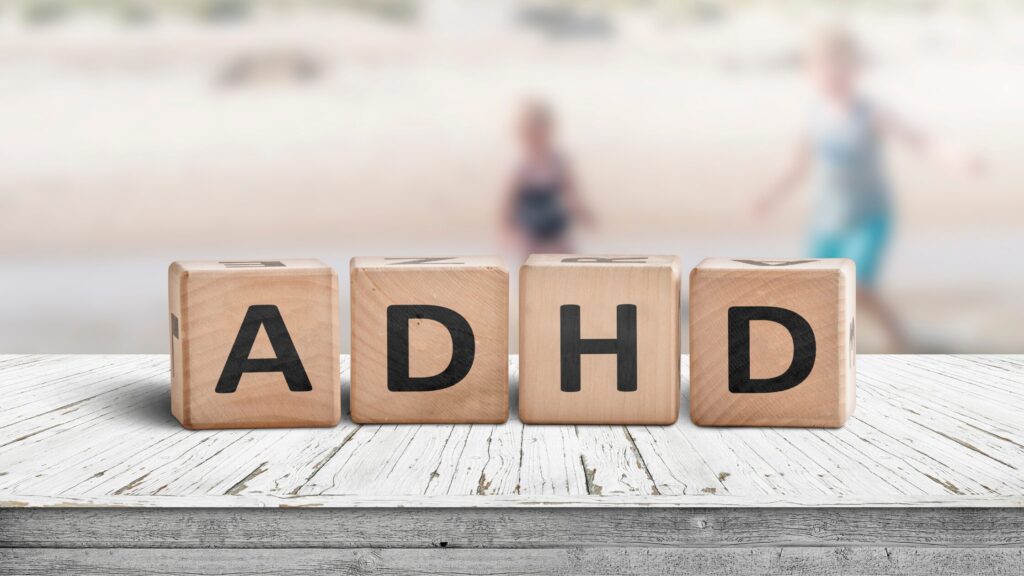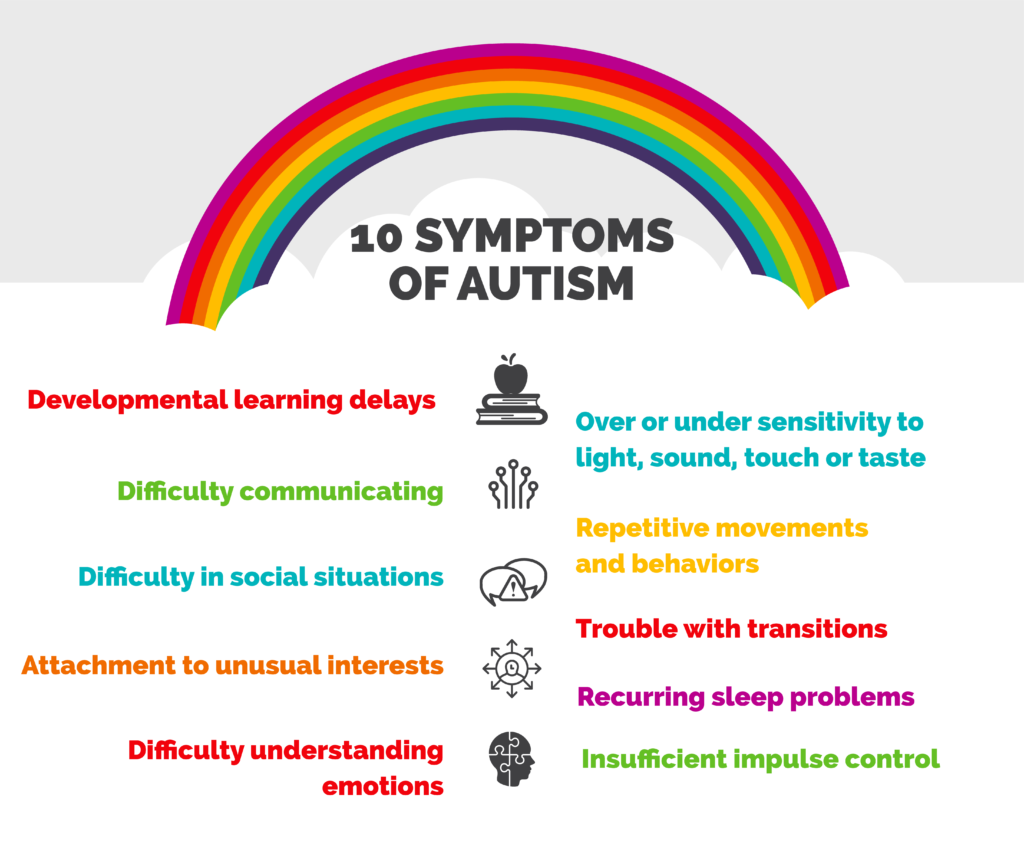
What is ADHD?
Attention Deficit Hyperactivity Disorder (ADHD) is one of the most common neurodevelopmental conditions affecting children today. At NeuroCognitive Solutions, led by Dr. Adelina Matevosyan, we specialize in comprehensive neuropsychological assessments to help families understand the types of ADHD, recognize ADHD symptoms, and develop targeted strategies for support. This guide explores the characteristics of ADHD, the causes of ADHD, and the importance of testing ADHD for accurate diagnosis and intervention.
Understanding ADHD: What Is Attention Deficit Hyperactivity Disorder?
Attention Deficit Hyperactivity Disorder (ADHD) is a condition characterized by persistent patterns of inattention, hyperactivity, and impulsivity that interfere with daily functioning or development. ADHD causes are complex and often involve a combination of genetic, neurological, and environmental factors. While the exact causes of ADHD are not fully understood, research highlights the importance of early identification and intervention1.

The Three ADHD Types
There are three recognized ADHD Types in the DSM-5, each with distinct patterns of symptoms:
1. Predominantly Inattentive Type (ADHD Inattentive)
Previously known as ADD (Attention Deficit Disorder), the ADHD inattentive type is marked by significant challenges in sustaining attention and focus, with minimal signs of hyperactivity.
Key Characteristics of ADHD Inattentive (ADD Symptoms):
- Difficulty sustaining attention in tasks or play
- Frequent careless mistakes in schoolwork
- Appears not to listen when spoken to directly
- Difficulty following instructions
- Problems organizing tasks and activities
- Avoidance of tasks requiring sustained mental effort
- Often loses things necessary for tasks
- Easily distracted by extraneous stimuli
- Forgetfulness in daily activities
Children with this type may seem “lost in thought” or daydream frequently, making it easy to overlook their struggles.
2. Predominantly Hyperactive-Impulsive Type (Hyperactivity Disorder)
This type involves pronounced hyperactivity disorder symptoms, including excessive movement and difficulty controlling impulses, with less emphasis on inattention.
Key Characteristics of Hyperactivity Disorder:
- Fidgeting or squirming in seat
- Leaving seat when expected to remain seated
- Running or climbing in inappropriate situations
- Difficulty playing quietly
- Acts as if “driven by a motor”
- Talks excessively
- Blurts out answers before questions are completed
- Difficulty waiting for turn
- Interrupts or intrudes on others
These children are often described as “always on the go” and may struggle with social interactions due to their impulsivity.
3. Combined Type (ADHD-C)
The combined type of ADHD is the most common and involves significant symptoms of both inattention and hyperactivity-impulsivity.
Key Characteristics of Combined ADHD:
- Meets criteria for both inattentive and hyperactive-impulsive types
- Significant challenges in both attention and behavioral regulation
- Often the most noticeable and disruptive in academic and social settings
ADHD Symptoms: What to Look for in Childhood
Recognizing ADHD symptoms early can make a significant difference in a child’s academic and social success. Characteristics of ADHD may appear as early as preschool age, but they often become more pronounced when children enter structured school environments.
Common ADHD Symptoms in Children:
- Difficulty paying attention to details
- Trouble staying focused on tasks or play
- Seems not to listen when spoken to
- Does not follow through on instructions
- Difficulty organizing tasks
- Avoids or dislikes tasks requiring sustained mental effort
- Often loses things
- Easily distracted
- Forgetful in daily activities
- Fidgets or squirms
- Leaves seat when expected to remain seated
- Runs or climbs in inappropriate situations
- Unable to play quietly
- Talks excessively
- Blurts out answers
- Difficulty waiting for turn
- Interrupts or intrudes on others
ADHD Causes: Why Does ADHD Occur?
While the exact ADHD causes are not fully understood, research points to several contributing factors:
- Genetics: ADHD often runs in families.
- Brain Structure and Function: Differences in brain development and neurotransmitter activity.
- Environmental Factors: Prenatal exposure to toxins, low birth weight, and early childhood adversity.
- Other Risk Factors: Premature birth and certain prenatal exposures.
Understanding the causes of ADHD helps guide effective assessment and intervention strategies.
Testing ADHD: The Role of Neuropsychological Assessment
Testing ADHD is a critical step in ensuring accurate diagnosis and effective treatment planning. At NeuroCognitive Solutions, Dr. Adelina Matevosyan provides comprehensive neuropsychological assessments tailored to each child’s needs.
What to Expect During ADHD Testing:
- Clinical Interview: Review of developmental history and current concerns with parents and caregivers.
- Standardized Testing: Evaluation of intelligence, attention, memory, executive functioning, and academic skills.
- Behavioral Assessment: Input from parents, teachers, and the child regarding behavior in different settings.
- Feedback Session: Detailed review of findings and personalized recommendations for intervention and support1.
Benefits of ADHD Testing:
- Diagnostic Clarity: Distinguishes ADHD from other conditions with similar symptoms.
- Personalized Recommendations: Guides targeted interventions and educational accommodations.
- Progress Monitoring: Tracks changes over time to assess treatment effectiveness.
The Impact of ADHD on Learning and Development
Children with ADHD face unique challenges that can affect their academic performance, social relationships, and emotional well-being. Characteristics of ADHD such as inattention, impulsivity, and hyperactivity often lead to difficulties in classroom settings, where sustained focus and self-regulation are essential.
Academic Challenges:
- Difficulty completing assignments and homework
- Problems with organization and time management
- Increased risk of grade repetition and academic failure
- Challenges with executive functioning skills
Social and Emotional Impact:
- Difficulty maintaining friendships due to impulsive behavior
- Increased risk of anxiety and mood disorders
- Lower self-esteem and confidence
- Problems with emotional regulation
Early intervention and support can help children with ADHD develop strategies to manage their symptoms and thrive in both academic and social environments.
How NeuroCognitive Solutions Supports Families
At NeuroCognitive Solutions, Dr. Adelina Matevosyan and her team provide expert-led, comprehensive neuropsychological assessments for children with suspected ADHD. Our approach is tailored to each child’s unique needs, ensuring that families receive accurate diagnostic information and practical recommendations for support.
Our Process:
- Initial Consultation: Discuss concerns and gather background information.
- Comprehensive Testing: Assess cognitive, academic, and behavioral functioning.
- Detailed Feedback: Review results and discuss next steps with parents and caregivers.
- Ongoing Support: Provide resources and referrals for therapy, educational accommodations, and medical management as needed.
Understanding ADHD and Co-Occurring Conditions
It is not uncommon for children with ADHD to experience other neurodevelopmental or mental health conditions, such as Autism Spectrum Disorder (ASD) or anxiety. Comprehensive neuropsychological assessment is essential for identifying these co-occurring conditions and developing a holistic treatment plan.
ADHD and Autism:
- ADHD is characterized by inattention, hyperactivity, and impulsivity.
- Autism is marked by difficulties in social interaction, communication challenges, and restricted or repetitive behaviors.
- Both conditions can occur together, complicating diagnosis and treatment.
ADHD and Anxiety:
- Children with ADHD are at increased risk for anxiety disorders.
- Anxiety can exacerbate ADHD symptoms and make management more challenging.
- Integrated assessment and intervention are crucial for optimal outcomes.
Coping Strategies for Parents and Children
Managing ADHD requires a collaborative approach involving parents, educators, and healthcare professionals. Here are some evidence-based strategies for supporting children with ADHD:
Behavioral Interventions:
- Positive reinforcement for appropriate behaviors
- Clear, consistent rules and expectations
- Structured routines and predictable environments
- Immediate consequences for both positive and negative behaviors
- Visual aids and organizational tools
Educational Accommodations:
- Extended time for assignments and tests
- Preferential seating to minimize distractions
- Frequent breaks during lengthy tasks
- Modified homework assignments
- Individualized Education Plans (IEPs) when appropriate
Parental Support:
- Educate yourself about ADHD and its management
- Communicate openly with teachers and healthcare providers
- Advocate for your child’s needs in school and community settings
- Seek support from other parents and professional organizations
The Importance of Early Intervention
Research consistently demonstrates that early identification and intervention lead to better long-term outcomes for children with ADHD. Children whose symptoms begin in early childhood are at the highest risk for academic failure and grade repetition, making early assessment and support critical.
Dr. Adelina Matevosyan at NeuroCognitive Solutions emphasizes the importance of comprehensive neuropsychological evaluation to ensure accurate diagnosis and effective intervention. Our goal is to help children with ADHD develop the skills and strategies they need to succeed in school, at home, and in social situations.
Frequently Asked Questions About ADHD
Q: How is ADHD diagnosed?
A: ADHD is diagnosed through a comprehensive evaluation that includes clinical interviews, behavioral assessments, and standardized testing. There is no single test for ADHD; diagnosis is based on a thorough review of symptoms and their impact on daily functioning.
Q: Can ADHD be outgrown?
A: While some children may experience a reduction in symptoms as they mature, ADHD often persists into adolescence and adulthood. Early intervention and ongoing support are essential for long-term success.
Q: What treatments are available for ADHD?
A: Treatment options include behavioral therapy, educational accommodations, and, in some cases, medication. The best approach depends on the individual needs of the child and family.
Q: How can parents support a child with ADHD?
A: Parents can support their child by providing structure, consistency, and positive reinforcement. Open communication with teachers and healthcare providers is also important.
Why Choose NeuroCognitive Solutions for ADHD Assessment?
NeuroCognitive Solutions is led by Dr. Adelina Matevosyan, a distinguished lifespan neuropsychologist with extensive training from top institutions, including UCLA Semel Institute for Neuroscience and Human Behavior and Cleveland Clinic. Our clinic offers:
- Expert-Led, Comprehensive Assessments
- Personalized Treatment Plans
- Support for Families and Schools
- Collaborative Care with Healthcare Professionals
For more information about ADHD Types, ADHD symptoms, or to schedule an assessment, visit the following links:






